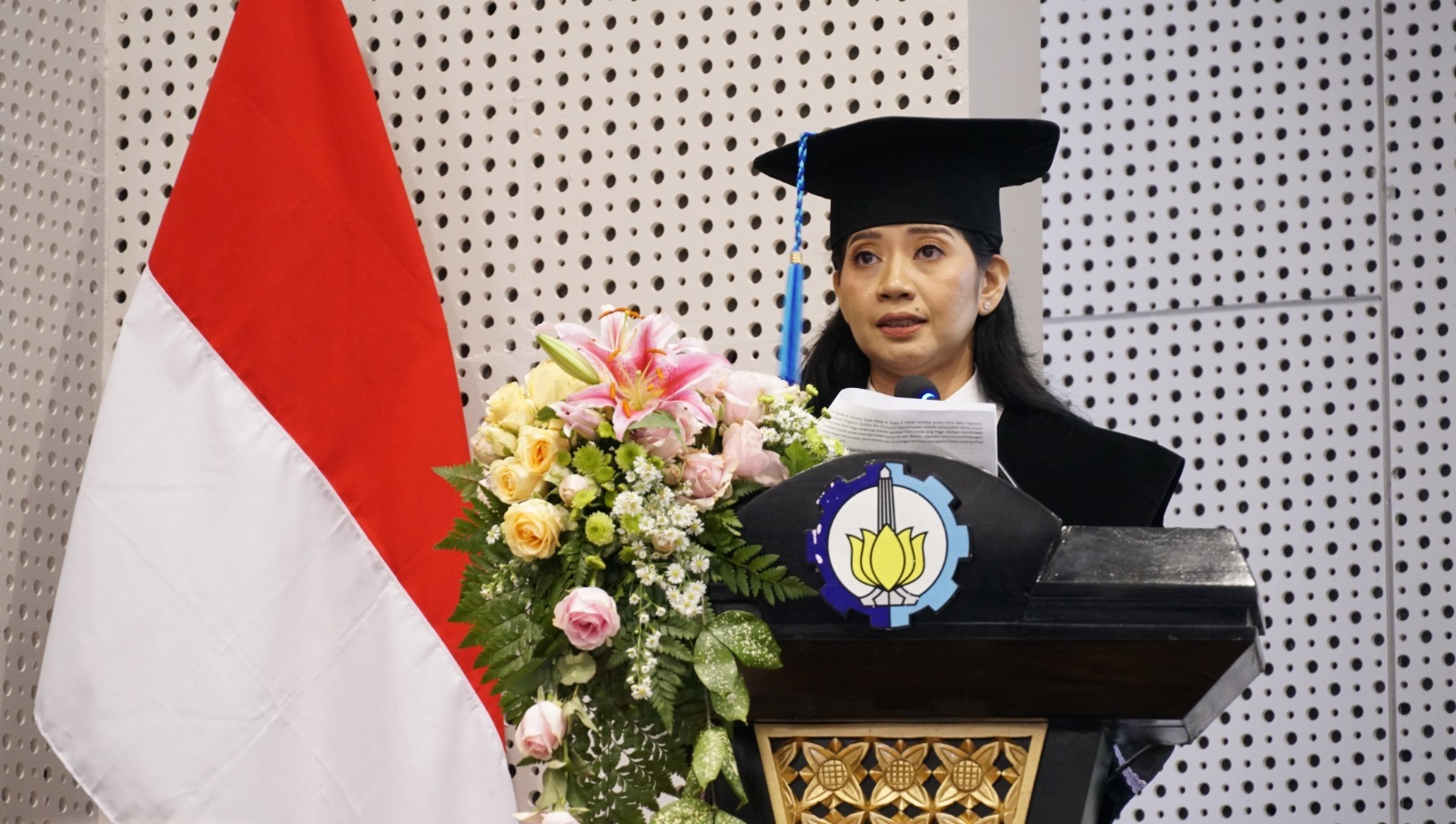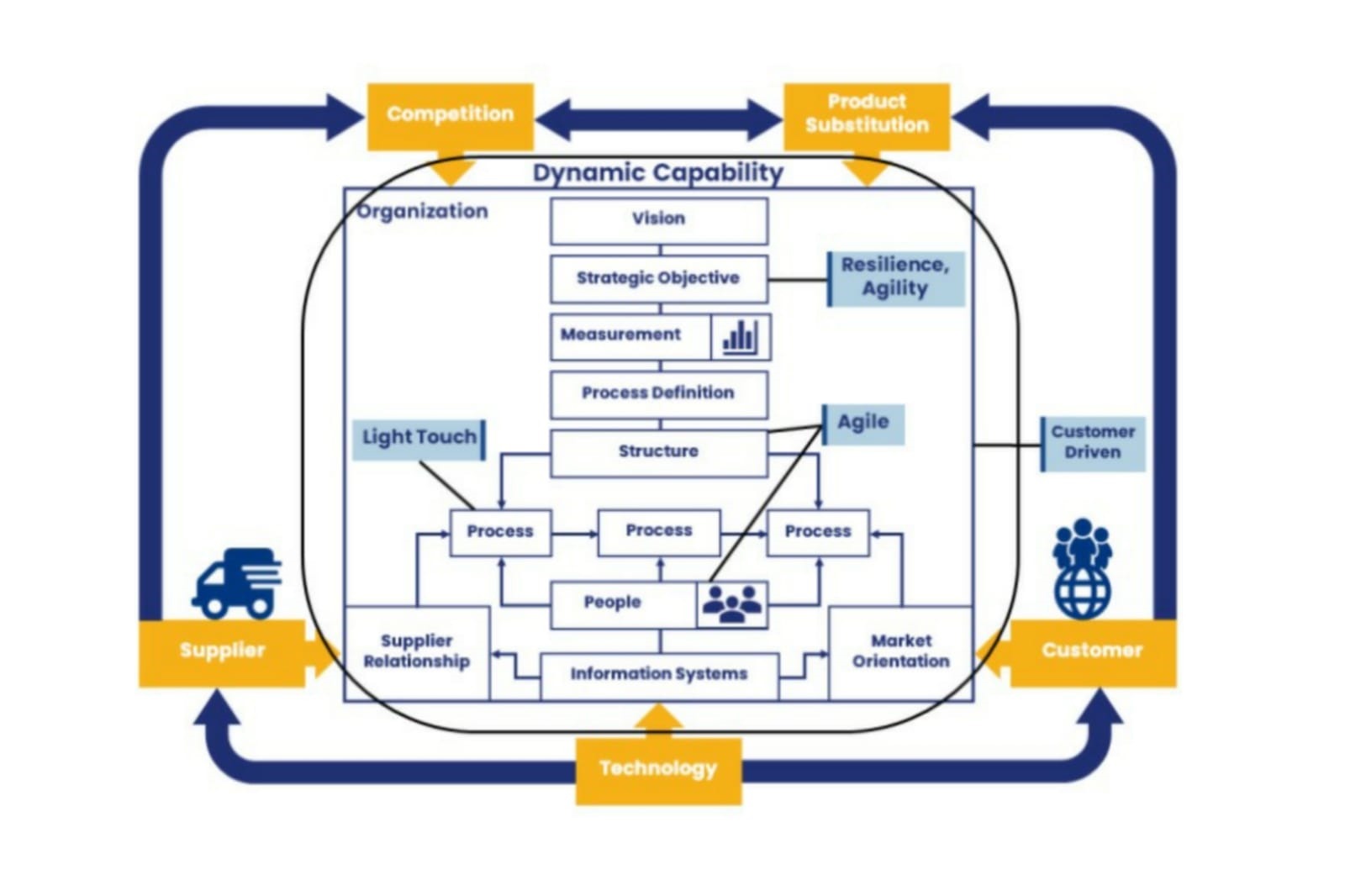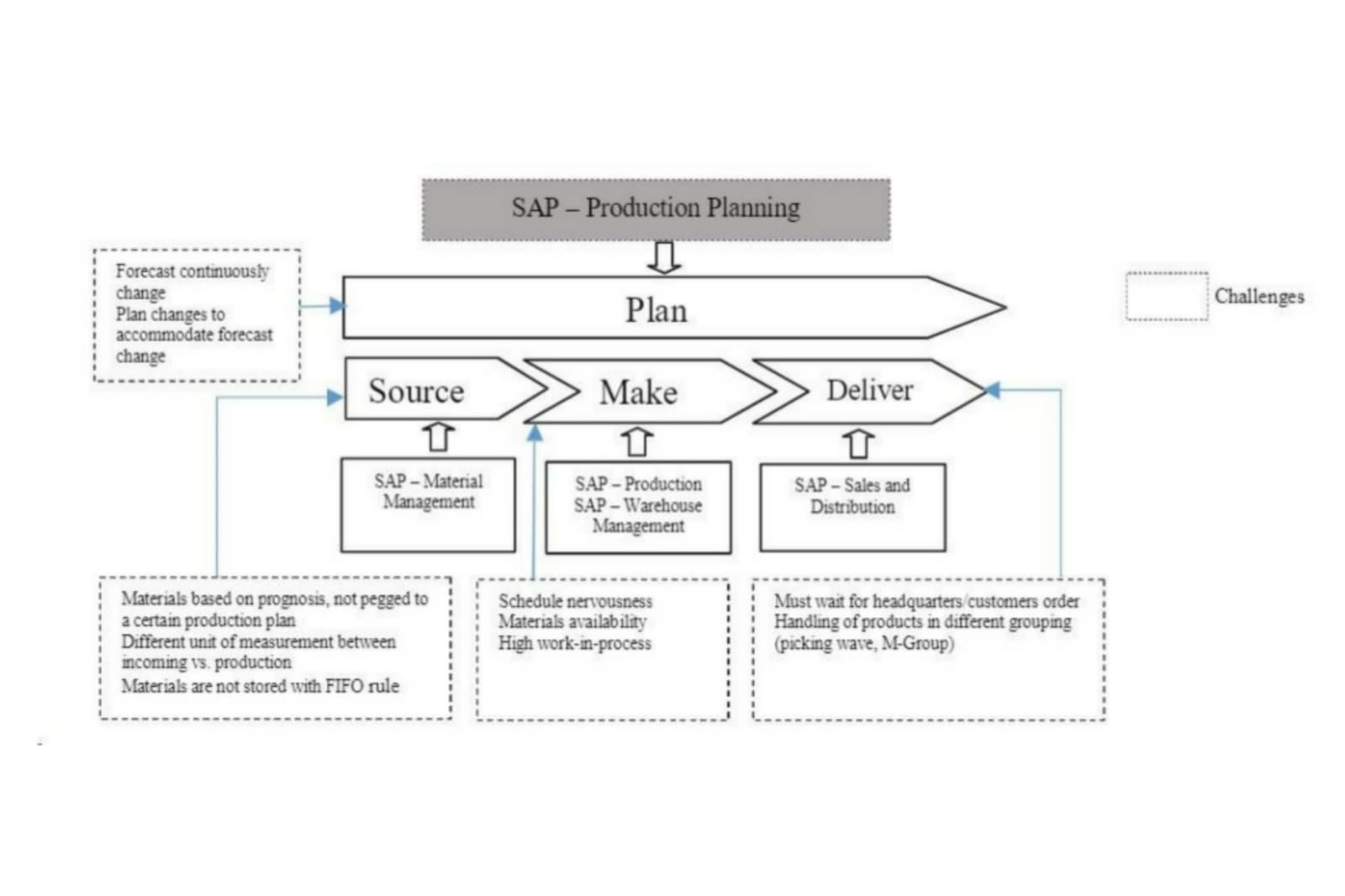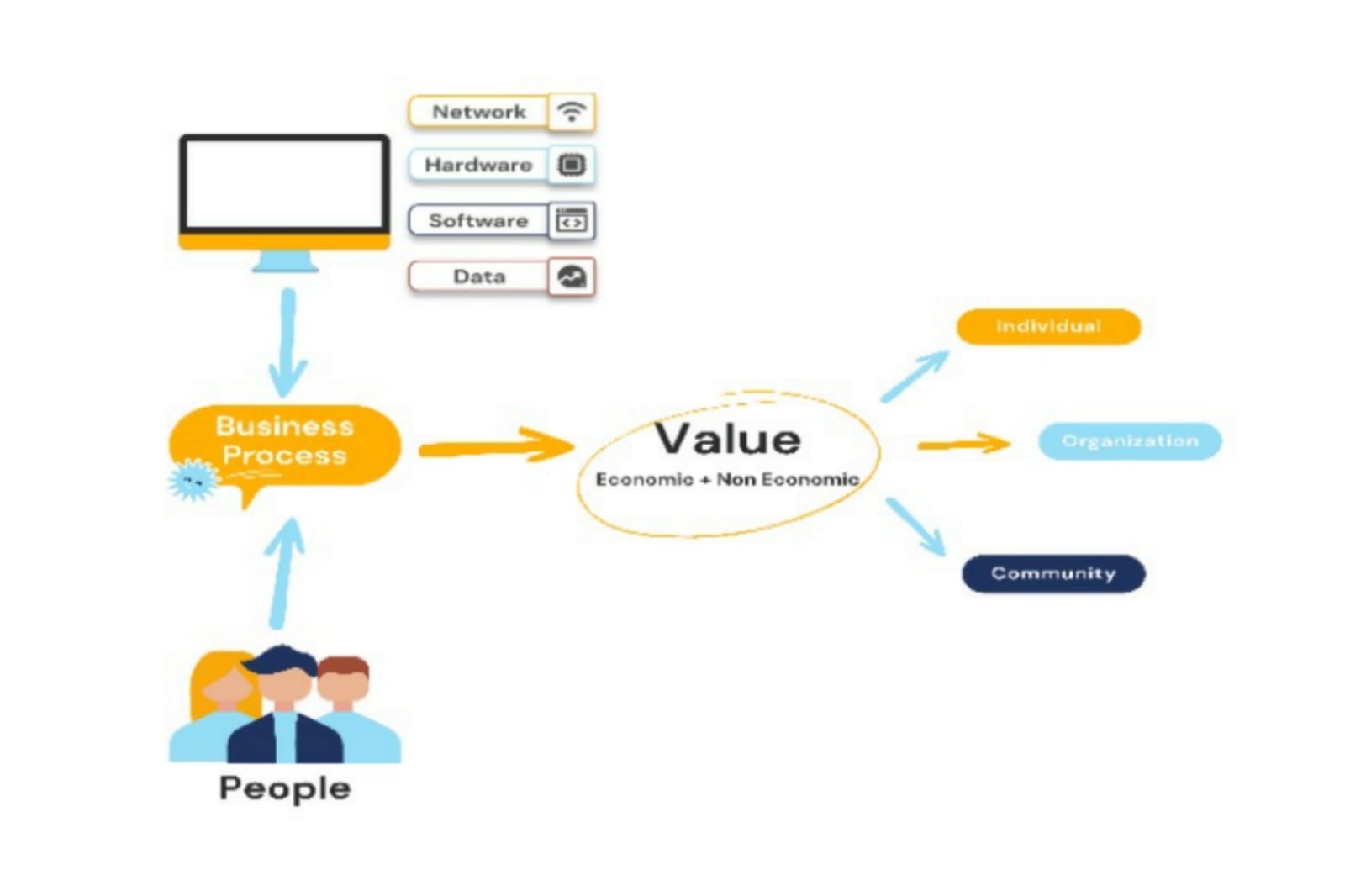ITS Professor Maximizes Business Process Management

Prof. Mahendrawathi ER ST MSc PhD when delivering her scientific oration regarding Context-Based Business Process Management in the Era of Digital Transformation
ITS Campus, ITS News – Prof. Mahendrawathi ER, ST, MSc, PhD, the 160th Professor of Institut Teknologi Sepuluh Nopember (ITS), delves deep into her analysis of Business Process Management (BPM). This inquiry stems from the suboptimal state of business processes within organizations. Her study results in a framework for BPM tailored to the digital transformation era.
During her inaugural scientific oration titled “Context-Based Business Process Management in the Digital Transformation Era,” Prof. Mahendrawathi explains that all organizations should conduct business processes while being process-oriented. In this context, interconnected activities are performed by individuals utilizing organizational resources to satisfy both organizational and customer needs.
According to her, the pursuit of satisfying these needs often confines organizations to focus solely on achieving business objectives, such as emphasizing Key Performance Indicators (KPIs), inadvertently ignoring the means or business processes. “For instance, due to current technological advancements, organizations tend to prioritize operational aspects over business process management,” she explained, being a faculty member of the ITS Department of Information Systems.

The Business Process Management framework developed by Prof. Mahendrawathi ER, ST, MSc, PhD, to enable organizations to implement business processes optimally.
Contrary to this, she argues that business processes are the foundation upon which organizations can achieve effective performance and deliver added value to individuals, organizations, communities, and society at large. “Therefore, in practice, BPM plays a crucial role in creating value for customers, particularly in the current digital transformation era,” continued Mahe, her affectionate nickname.
BPM itself is a discipline encompassing various combinations of identification, analysis, redesign, implementation, and control of business activity flows, tailored to support organizational goals. The digital transformation era leverages digital technology as a means to define organizational value propositions and engender new organizational identities.

Examples of problems that still arise in an organization even though it uses the latest information systems such as Enterprise Resource Planning (ERP)
Despite the sophistication of contemporary business technologies and information systems like Enterprise Resource Planning (ERP), the wife of one of ITS’s professors, Prof. Dr. I Nyoman Pujawan, MEng, contends that such advancements don’t ensure organizational perfection. Challenges persist, even for multinational-scale organizations; the implementation of integrated information systems isn’t always complemented by process and organizational integration.
In response, Mahe developed a Context-Based BPM Framework. This framework outlines the steps organizations need to follow when conducting business. Paramount among these is understanding the industry’s competitiveness level, the presence of substitute products, and the pressures exerted by customers, suppliers, and technological changes. “This is known as strategic organizational analysis,” she added.
Once this analysis is fulfilled, organizations can proceed with their business processes. In executing these processes, appropriate roles and responsibilities must be identified and supported by robust information systems, which not only store data but also serve as sources for evaluating future business process improvements.

A systematic depiction of the role of information technology as a tool to support business process optimization to generate value.
Subsequently, in the digital transformation era, strategic visions, objectives, and performance metrics need to be combined: from traditional aims like profit and efficiency to contemporary targets such as customer orientation, innovation, agility, resilience, and sustainability. “Hence, business processes become structured within a system that’s easily adaptable and fosters agile thinking and capabilities in this dynamic era,” elaborated the professor who specializes in Business Process Management.
The framework devised by the 46-year-old scholar results in new guidance for organizations to formulate apt strategies for managing business processes, harmonizing social, technical, and environmental aspects. “Through this BPM framework, the aspiration is to cultivate Indonesian professionals who understand the pivotal role of business processes, thereby fostering exceptional and sustainable organizational performance,” concluded Mahe, expressing her hopes. (ITS Public Relations)
Reporter: Nabila Hisanah Yusri
Related News
-
Anticipating Lost Pet Dogs, ITS Students Invent a Tracking Bag
ITS Campus, ITS News —Losing a pet is a sad thing for its owners. To anticipate this, a team
August 09, 2023 15:08 -
ITS Students Integrate Smart City Service Features Through Visionaries
ITS Campus, ITS News — Institut Teknologi Sepuluh Nopember (ITS) continues to prove itself as a home for talented
August 09, 2023 15:08 -
ITS Students Innovate Eco-Quake Building Concept
ITS Campus, ITS News — Along with the development of technology, the construction sector has also experienced rapid growth
August 09, 2023 15:08 -
Great, ITS Successfully Becomes Overall Champion of the 2024 Indonesian Ship Contest
ITS Campus, ITS News — Proving itself as a home for champions, Institut Teknologi Sepuluh Nopember (ITS) managed to
August 09, 2023 15:08
